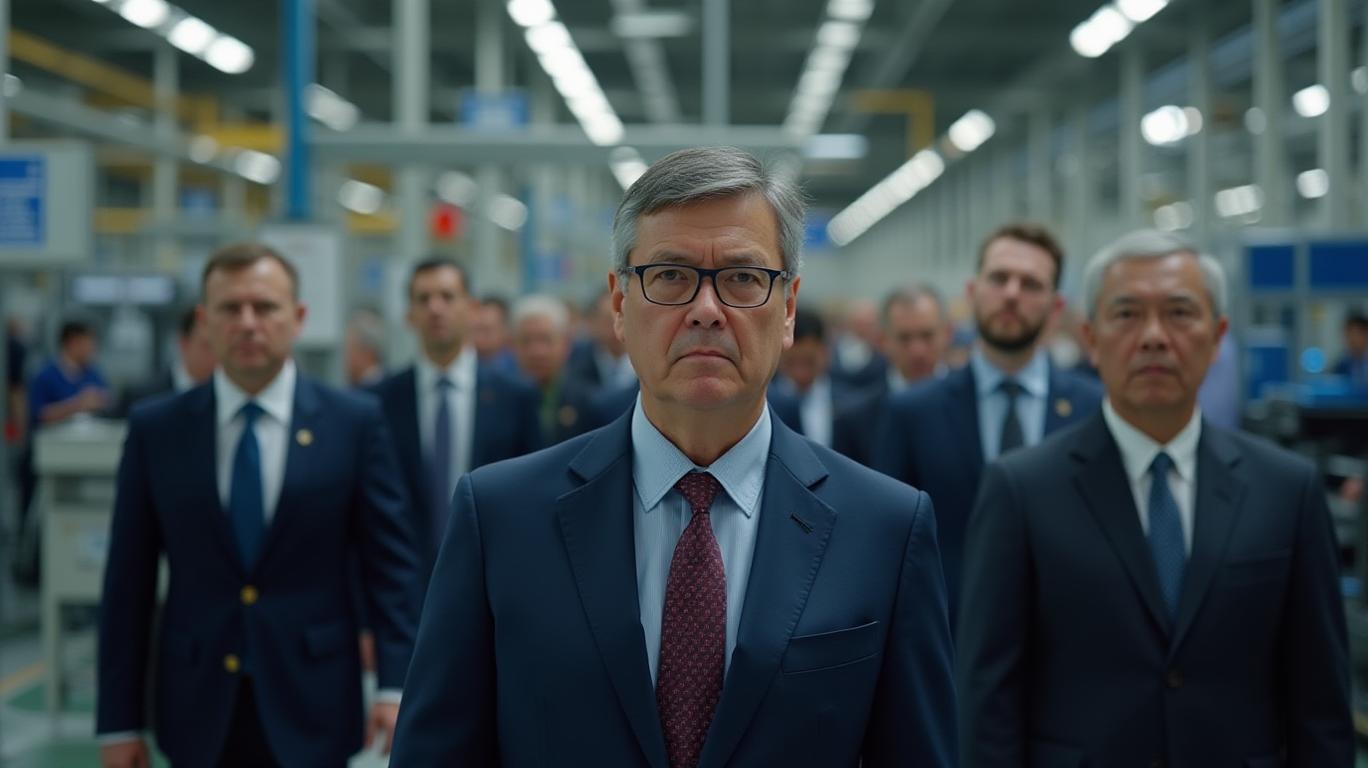Hyundai Invests $21 Billion In US Amid Trump Tariff Threats
Hyundai Motor Group has declared a substantial investment of $21 billion in the United States, a decision that follows President Donald Trump's threats to impose extensive tariffs on various nations, including South Korea. This investment marks the largest ever made by a South Korean company in the U.S. and is intended to mitigate the risks associated with potential tariffs. The announcement was made ahead of April 2, when more extensive tariffs were expected to be implemented.
The investment plan encompasses the construction of new manufacturing facilities and the expansion of existing ones. Hyundai's decision to invest heavily in the U.S. is viewed as a strategic move to align with Trump's policies, which have been focused on bringing manufacturing jobs back to the United States. The company's announcement comes as other South Korean firms are also considering similar investments to avoid the potential impact of tariffs.
Trump has repeatedly emphasized the need for companies to relocate their manufacturing operations to the U.S. to avoid tariffs. Hyundai's investment is a direct response to these threats, as the company seeks to ensure its operations remain unaffected by any potential trade barriers. The investment is also expected to create thousands of new jobs in the U.S., further aligning with Trump's economic policies.
The announcement has been welcomed by Trump, who has hailed it as a significant step towards achieving his economic goals. The investment is expected to have a positive impact on the U.S. economy, as it will not only create jobs but also stimulate economic activity in the regions where the new facilities will be located. Hyundai's move is also seen as a testament to the company's commitment to the U.S. market, where it has a significant presence.
Hyundai's investment is a strategic response to the changing trade landscape and the potential impact of tariffs on its operations. By investing heavily in the U.S., the company is positioning itself to avoid the risks associated with tariffs and to align with the policies of the Trump administration. The move is also expected to have a positive impact on the U.S. economy, as it will create jobs and stimulate economic activity.

Quickly understand the history and background of various well-known coins
Latest Articles
Stay ahead of the market.
Get curated U.S. market news, insights and key dates delivered to your inbox.



Comments
No comments yet